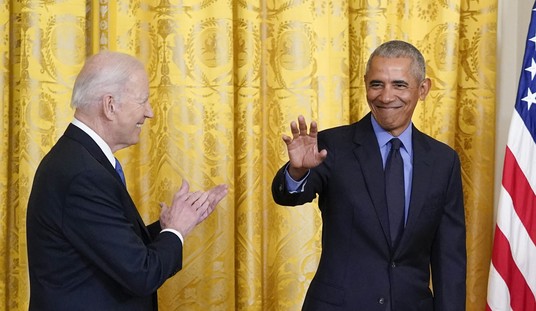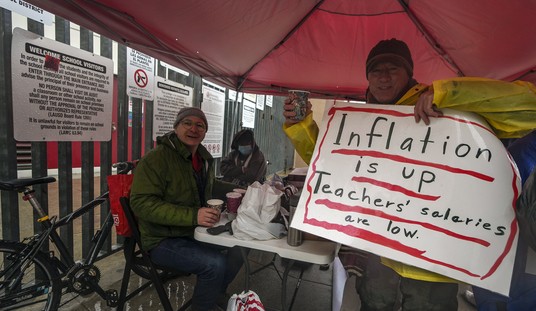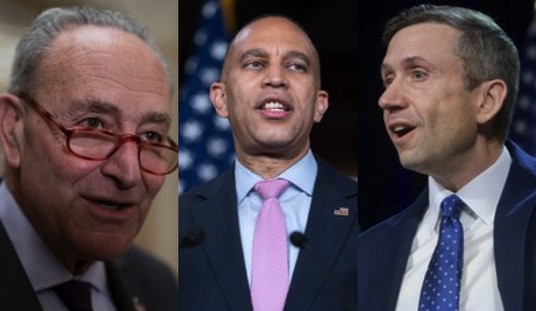On one hand, Mr. Obama’s “Worst Oil Spill in History” theme serves as pretext for eviscerating the offshore petroleum industry, an industry that, until this spring, was relatively healthy despite the recession. By doing so, he may suck the economic life out of four very red Gulf States.
On the other hand, Energy Czar Carol Browner has joined the “Where has the oil gone?” chorus, maintaining that 75% of the 4.9 million or so barrels spilled (per government estimate) either evaporated, degraded naturally, was recovered, or was burned at sea.
So which one is it, Chief?
Marshes fouled by Gulf of Mexico oil spill show signs of regrowth
More than a dozen scientists interviewed by The Associated Press say the marsh here and across the Louisiana coast is healing itself, giving them hope delicate wetlands might weather the worst offshore spill in U.S. history better than they had feared. Some marshland could be lost, but the amount appears to be small compared with what the coast loses every year through human development. [… and natural forces. – ed.]
“Worst Oil Spill”, by what measure? It was a very large spill by volume of oil, but shouldn’t “worst spill” be measured by environmental impact? By any objective measure the impact of the BP spill on the environment appears to be much less than the holocaust predicted by the greenies’ hype.
Meanwhile, we have a scientifically unsupportable deepwater moratorium in defiance of federal courts, and a de facto shallow water moratorium, where drilling is supposedly allowed but, as a practical matter, permitting has ground to a halt.
Life requires us to balance costs, risks and benefits all the time. By setting his threshold at zero risk, Interior Secretary Salazar has foolishly shifted the risk to a less visible but potentially more damaging venue: increased dependence on foreign oil, along with increased tanker traffic in our rivers and harbors.
Nearly every politician touts Energy Independence (or the more reasonable ones, Energy Security) as a goal on the campaign stump. It’s something we all say we want. But this virtual shutdown of the Gulf of Mexico oil and gas business is the biggest, most dramatic retrenchment from that goal in history.
So the question for you, dear reader, is how much are you willing to pay for Obama’s Fullbore Retreat from Energy Independence?
Lest you think I exaggerate about the shallow water moratorium, consider that exactly two new drilling permits have been approved for shallow water wells (water depth less than 500 ft) since the deepwater moratorium began. Both of those permits were for gas wells.
No new oil well permits have been approved, and the permitting requirements have been increased and obfuscated to the point that it’s unclear whether any new oil wells will ever be permitted.
Only sixteen shallow water rigs are working, mostly fixing older wells, not drilling new ones. Shallow water rigs, not just their deepwater cousins, are beginning to exit the Gulf, bound for foreign shores.
No new seismic permits have been granted. That will slow down future exploratory drilling.
No pipeline permits have been granted. (Which is an important feature of the slowdown. Nobody wants to drill a successful well, then not be able to lay a flowline to produce it.)
We are an industrialized economy. Satisfying its energy needs involves some level of risk. The vast majority of the American people seem to understand that, and think that offshore drilling should move ahead.
Enough is known about the failure mode of the BP well that corrective steps can be taken and the deepwater rigs put back to work. The shallow water portion of the industry has a still-unbroken 40 year track record of increasingly safe operations: not perfect, but as safe (or safer) and as clean (or cleaner) than other heavy industry.
Cross-posted at VladEnBlog.













Join the conversation as a VIP Member